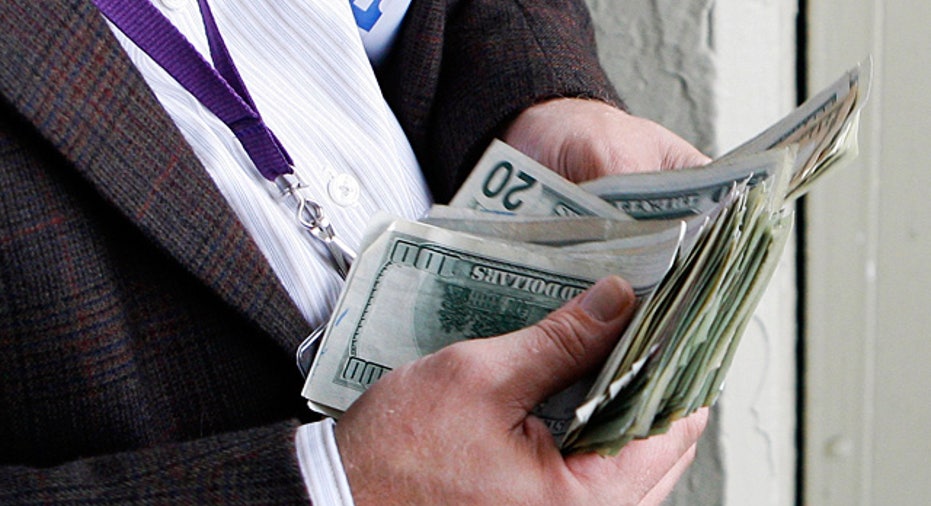
The Hidden Treasure of Unclaimed Funds
In today’s fast-paced world, it’s surprisingly easy to lose track of money. Whether it’s a forgotten savings account, an uncashed check, or an insurance payout, billions of dollars in unclaimed funds are waiting to be claimed. This hidden treasure could be yours, and the process of finding and reclaiming your money is simpler than you might think.
Sources of Unclaimed Money
Dormant Bank Accounts
One of the most common sources of unclaimed money is dormant bank accounts. These accounts become inactive when no transactions have occurred over a period, usually a year or more. Banks are required by law to turn over these inactive accounts to state governments, where they are held until the rightful owner comes forward.
Uncashed Checks
Another significant source of unclaimed funds is uncashed checks. These could be payroll checks, tax refunds, or even rebates. If a check goes uncashed for a certain period, the issuing entity will often send the money to the state’s unclaimed property office.
Insurance Payouts and Dividends
Insurance companies, both life and health, occasionally have payouts that go unclaimed. These could be from policies you or a relative held. Similarly, dividends from stock investments or other securities might remain uncollected if you’ve moved or changed contact information without updating your records.
How to Find Your Missing Money
State Unclaimed Property Offices
Each state in the U.S. has an unclaimed property office dedicated to reuniting people with their lost funds. These offices maintain databases where you can search for your name and check for any unclaimed property. Websites such as MissingMoney.com and Unclaimed.org are good starting points as they aggregate data from multiple states.
Federal Resources
In addition to state resources, there are several federal databases to check. For example, the IRS holds onto undelivered tax refunds, and the Department of Veterans Affairs may have unclaimed insurance funds. The National Association of Unclaimed Property Administrators (NAUPA) provides a comprehensive list of these resources.
Employer Records
Past employers might owe you unpaid wages or pension benefits. It’s worth checking with the U.S. Department of Labor’s Wage and Hour Division, which can help you locate unclaimed wages. Additionally, the Pension Benefit Guaranty Corporation (PBGC) helps workers track down unclaimed pensions.
The Claim Process
Verification of Identity
To claim your missing money, you’ll need to verify your identity. This usually involves providing your Social Security number, current and past addresses, and other identifying information. Some states may require notarized documents or additional proof of identity.
Submitting a Claim
Once you’ve verified your identity, the next step is to submit a claim. This can typically be done online through the state’s unclaimed property website. If you’re claiming on behalf of a deceased relative, you may need to provide additional documentation such as a death certificate or proof of your relationship to the deceased.
Processing Time
After submitting your claim, the processing time can vary. Some claims are processed within a few weeks, while others may take several months, depending on the complexity of the claim and the volume of requests the state is handling.
Staying Vigilant
Regular Checks
It’s advisable to check for unclaimed money regularly. People often move, change jobs, or forget about old accounts. By making it a habit to check these databases annually, you can ensure that any new unclaimed funds don’t slip through the cracks.
Keeping Records Updated
Keep your financial records up to date. Inform banks, insurance companies, and employers of any changes in your address or contact information. This can prevent your money from becoming unclaimed in the first place.
Conclusion
Unclaimed money might seem like a distant possibility, but for many, it’s a reality. By knowing where to look and understanding the process of claiming these funds, you can potentially recover money that rightfully belongs to you. Start your search today; you might just find a pleasant surprise waiting in the form of unclaimed funds.